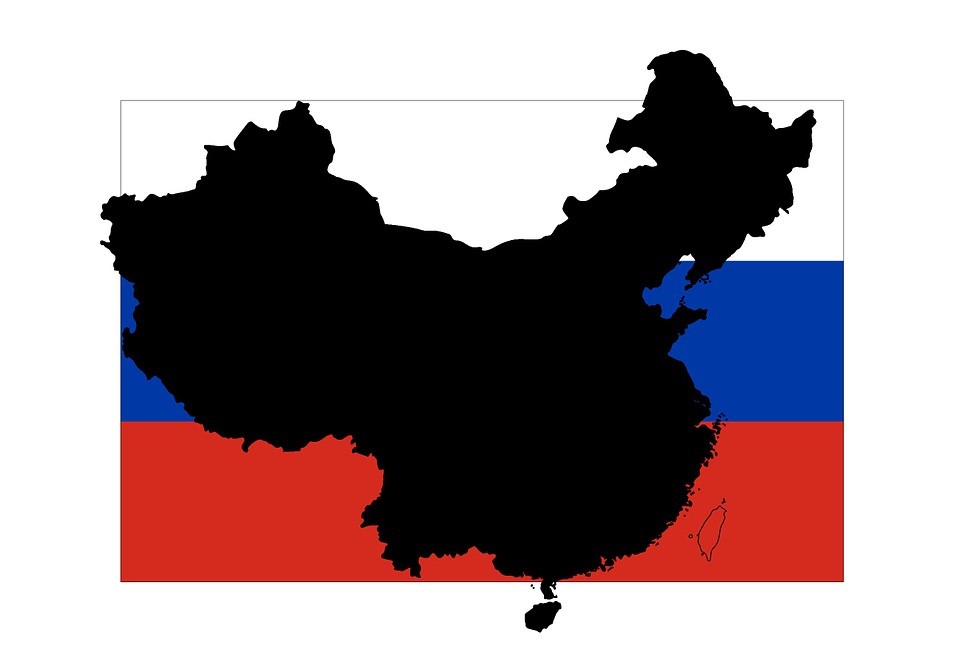NATO Member states have enhanced their militaries’ interoperability over the years to improve the effectiveness of their joint forces on future battlefields.
It appears China and Russia are taking a page from the West’s playbook and ramping up their ability to act together coherently, effectively, and efficiently to achieve tactical, operational, and strategic objectives. China is well aware that possessing materiel and manpower is not enough to ensure victory against an adversary with advanced weapons and a sophisticated level of combat experience and training. Beijing’s lack of experience in combat may be one of the final factors holding Beijing back from taking Taiwan by force. Chinese forces have not seen extensive combat since its early 1979 border war with Vietnam. It did not do well in that conflict, often making rudimentary mistakes. Chinese troops would carry cement high up into the North Vietnamese border mountains to fortify their positions. The Chinese troops would then go out on patrol, get lost, and when they did relocate their fortification, often discover that Vietnamese troops had captured their position. China suffered heavy losses due, in large part, to a lack of training and combat experience.
China today is assuming a more globally-oriented leadership position in the world. Its military forces are operating farther from its shores. This week the navies of China, Russia, and South Africa are conducting joint naval exercises in the Indian Ocean off the coast of South Africa. It is the second time since 2019 that that governments have practiced a joint operation. “Although those exercises were noteworthy at the time, little came of them. However, under the vastly changed geopolitical circumstances coming as a result of Russia’s all-out aggression against Ukraine, the potential ramifications of these upcoming exercises might be more far-reaching,” says Stephen Blank of the Jamestown Foundation.
The United States conducts similar training with South African forces. Pretoria sees it as maintaining a neutral position between the great powers. What is of particular interest in this type of ten-day training event is that recently China and Russia are planning many of them with third party nation-states. In January 2022 and again last fall China and Russia joined forces with the Iranian Navy for exercises, according to Radio Free Europe/Radio Liberty. TASS suggests this reflects a strengthening of the relationship with Iran and increased cooperation between China and Russia. In the waters of northeast Asia Russia and China have conducted a number of joint naval, air and land exercises targeting South Korea and Japan. Analysts in Washington indicate that there is growing concern about security in the Indian Ocean as both China and Russia become more active in the region. Blank says it marks a “major transformation for security in Asia” and alarms even New Delhi.
China’s aggressive foreign policy moves in Africa, and early signs of increased Russo-Chinese bilateral cooperation, suggest that Moscow’s moves complement Beijing’s objectives across the continent. Although the war in Ukraine may hamper Russian efforts at the moment, when working in concert with China, it presents a serious challenge in West in Africa and the Indian Ocean. Blank points out that Russia’s campaign for permanent naval bases in the Horn of Africa, Indian Ocean, and the Red Sea dates back to the Soviet Union under Leonid Brezhnev. “They resumed in the late 2000’s and have been continuing ever since,” he says. The Indian Ocean has been a Russian priority for more than a decade. IT is fast becoming one for China. Russo-Chinese joint exercises will increase the interoperability of both navies and the security risk in the region, despite the war in Ukraine. Blank points out that China is also pursuing a global policy in more than one theater of operation, with many more resources than Russia. Thus, he notes, “the possibility for cooperation is much greater, with highly consequential benefits coming from any bilateral coordination. Whether Moscow’s unrelenting pursuit for global influence and military presence will bear fruit in terms of cooperation remains to be seen, but regardless, its efforts will present serious challenges for Western, Asian, and African policymakers.”
Daria Novak served in the U.S. State Department
